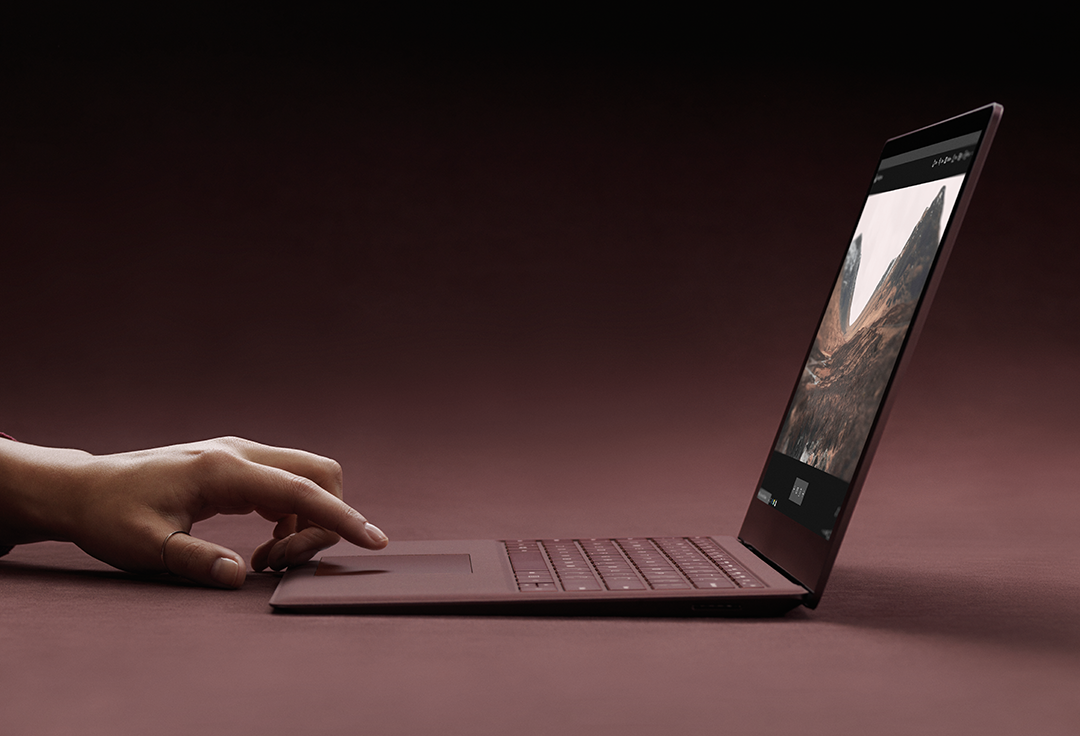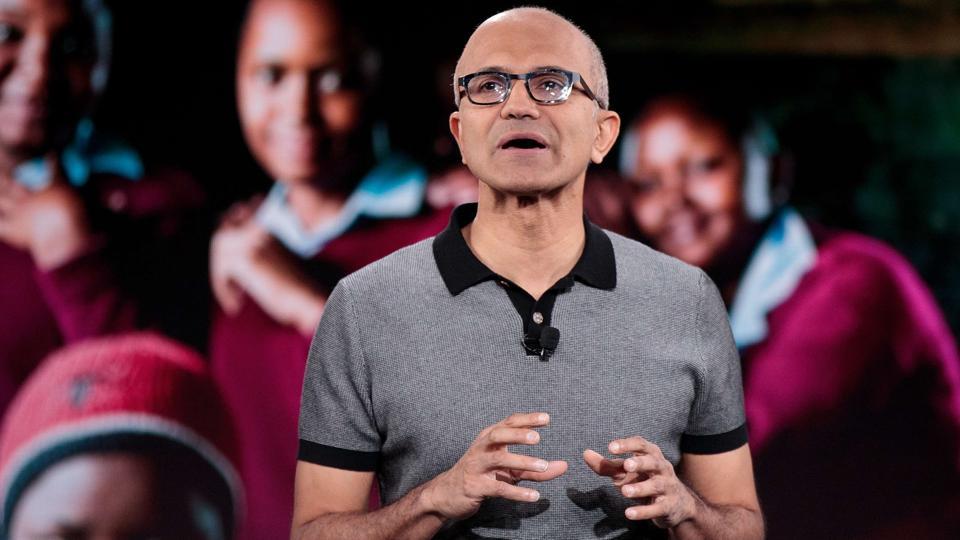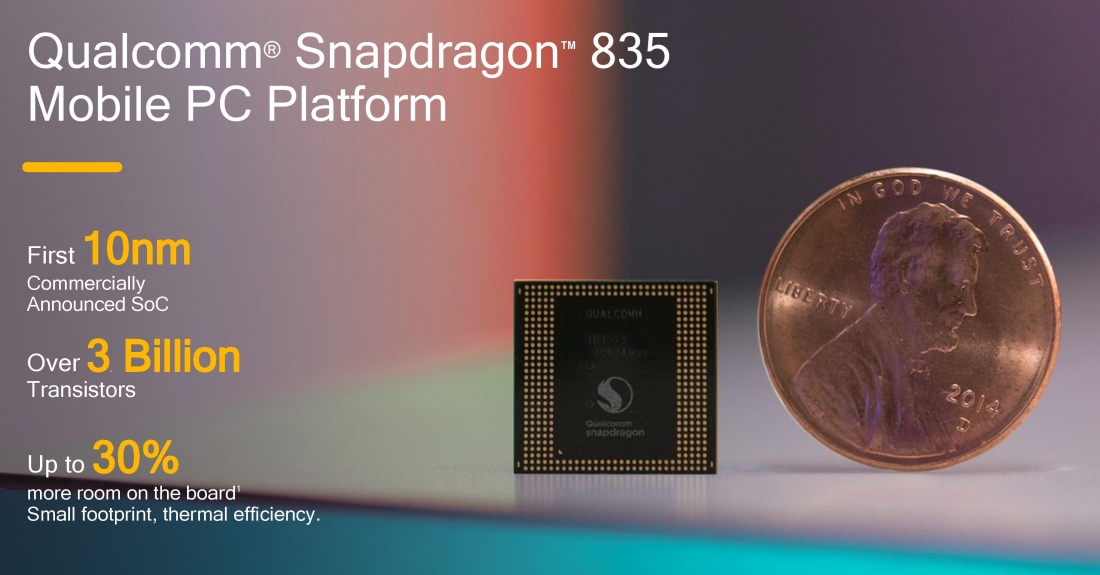
Microsoft late last year announced a partnership with Qualcomm to bring the full Windows 10 experience to ARM-powered devices. Terry Myerson, Executive Vice President of Microsoft’s Windows and Devices Group, promised at the time that Snapdragon-powered Windows 10 devices would be efficient in the power consumption department.
We’re still waiting for the partnership to bear fruit but in the interim, new details regarding efficiency (and a few other subjects) have emerged. With regard to battery life, Pete Bernard, Principal Group Program Manager for Connectivity Partners at Microsoft, said that to be frank, battery life at this point is beyond their expectations.
“We set a high bar for [our developers], and we’re now beyond that. It’s the kind of battery life where I use it on a daily basis. I don’t take my charger with me. I may charge it every couple of days or so. It’s that kind of battery life.”
During Qualcomm’s annual 5G Summit in Hong Kong this week, it was confirmed that the company's timeline for announcing devices by the end of 2017 is still on track. Don McGuire, VP of Global Product Marketing for Qualcomm, said during a roundtable event attended by Trusted Reviews that additional details would be shared in the coming weeks.
Microsoft is already testing “hundreds” of devices at its headquarters in Redmond despite the fact that it only has three manufacturing partners on board right now (Asus, HP and Lenovo). Over time, however, this will likely change and result in more options at varying price points – great news for consumers.
Microsoft’s willingness to revisit ARM-based Windows machines after the failure of Windows RT demonstrates the company’s resilience and proves that it can learn from past missteps.

Improved battery life was also a focus of Microsoft’s earlier efforts in the space but half a decade ago, things were simply different. ARM-based hardware wasn’t nearly as powerful and efficient as it is today and Microsoft’s previous OS didn’t exhibit the same level of refinement as Windows 10.
Perhaps the biggest nail in the coffin for earlier ARM-based Windows systems, however, was the OS’ inability to run traditional desktop applications.
Microsoft is skirting that issue this time around by using emulation technology. I suppose it’s possible that Microsoft could have come up with that idea in 2012, but I’m not sure that ARM chips of that era were powerful enough to do so. And even if they were, the added work may have stressed the chips to the point that they’d lose any of their efficiency benefits, defeating the entire purpose of employing them.

The first wave of new ARM-based chips will be powered by Qualcomm’s Snapdragon 835, the same chip found inside most of today’s current flagship Android smartphones. It should have no problem driving Windows 10 and the emulation needed to run Universal Windows Platform apps and standard Win32 desktop applications.
Just as it was with Microsoft’s original effort, battery life will be paramount, especially given the broad availability and affordability of x86-based laptops. Customers need a reason to opt for an ARM-powered laptop and stellar battery life would be it. Indeed, if Bernard’s comments about multi-day battery life prove accurate, it would truly be game-changing (just imagine if you only had to charge your smartphone a couple of times a week).
It’s too early to know if the second coming of ARM-based Windows machines will be a success but you have to admire Satya Nadella for giving it another go.
https://www.techspot.com/news/71467-windows-10-arm-battery-life-already-exceeding-expectations.html